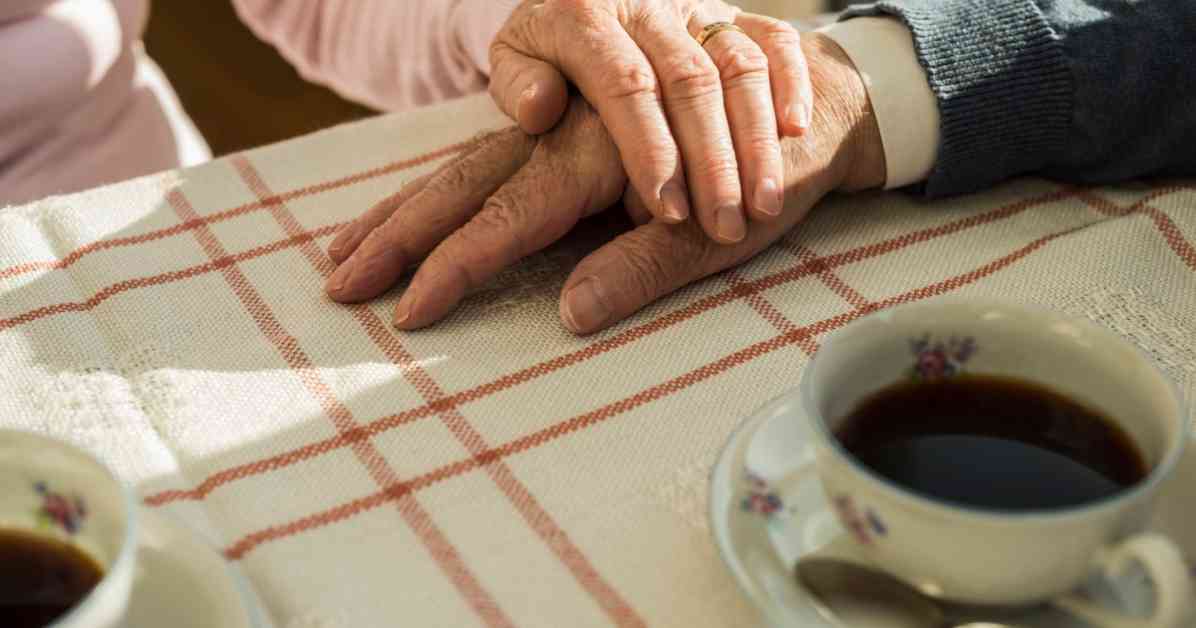Assisted Dying: Reader Debate on Dignified End or Slippery Slope
The assisted dying debate continues to spark discussions and raise important questions about quality of life, autonomy, and ethical considerations. Recently, a retired RAF engineer, 86, and his former nurse wife, 80, made headlines after announcing their decision to end their lives together in a suicide pod in Switzerland. Peter and Christine Scott’s choice came after Mrs. Scott was diagnosed with early-stage vascular dementia, a devastating illness that erases the essence of a person.
The Scotts’ decision to opt for a Swiss suicide pod has ignited conversations about the right to die with dignity, the complexities of end-of-life care, and the role of autonomy in healthcare decisions. As the debate rages on, individuals are sharing their personal experiences, opinions, and concerns about assisted dying.
Personal Stories and Perspectives
One individual shared their heartbreaking experience of losing loved ones to vascular dementia and Alzheimer’s, highlighting the toll these diseases take on both the individual and their families. The fear of potentially developing the same conditions in the future has led them to consider their own end-of-life choices. They express a willingness to take action to avoid burdening others with their suffering, underscoring the deeply personal and emotional nature of decisions surrounding assisted dying.
Another reader reflects on the experiences of elderly patients in care homes, emphasizing the lack of quality of life and the desire for a peaceful and dignified end. They argue that those who oppose assisted dying should witness firsthand the suffering and despair faced by individuals in such situations, prompting a reevaluation of their stance on end-of-life options.
Counterpoints and Concerns
Amidst the support for assisted dying, there are voices cautioning against potential risks and ethical dilemmas associated with legalizing such practices. One reader raises concerns about the slippery slope effect, suggesting that allowing assisted dying could pave the way for unwanted or coerced decisions, leading to a society that disregards the sanctity of life. The fear of governments dictating who should live or die based on age or perceived burdens raises ethical red flags and calls for careful consideration of the implications of assisted dying laws.
The debate surrounding assisted dying extends beyond personal anecdotes and philosophical arguments to encompass broader societal implications and policy considerations. As readers share their perspectives on the topic, the complexity and nuance of the issue come to the forefront, inviting a deeper exploration of the ethical, legal, and moral dimensions of end-of-life care.
Subheadings:
The Human Side of Assisted Dying: Personal Stories and Perspectives
Navigating Ethical Quandaries: Counterpoints and Concerns
Beyond Individual Choices: Societal Implications and Policy Considerations
As the conversation on assisted dying evolves, it is crucial to engage with a range of voices and perspectives to inform a nuanced and empathetic understanding of this complex and sensitive topic. By delving into personal narratives, ethical considerations, and societal ramifications, we can continue to grapple with the profound questions surrounding end-of-life care and the right to die with dignity.












